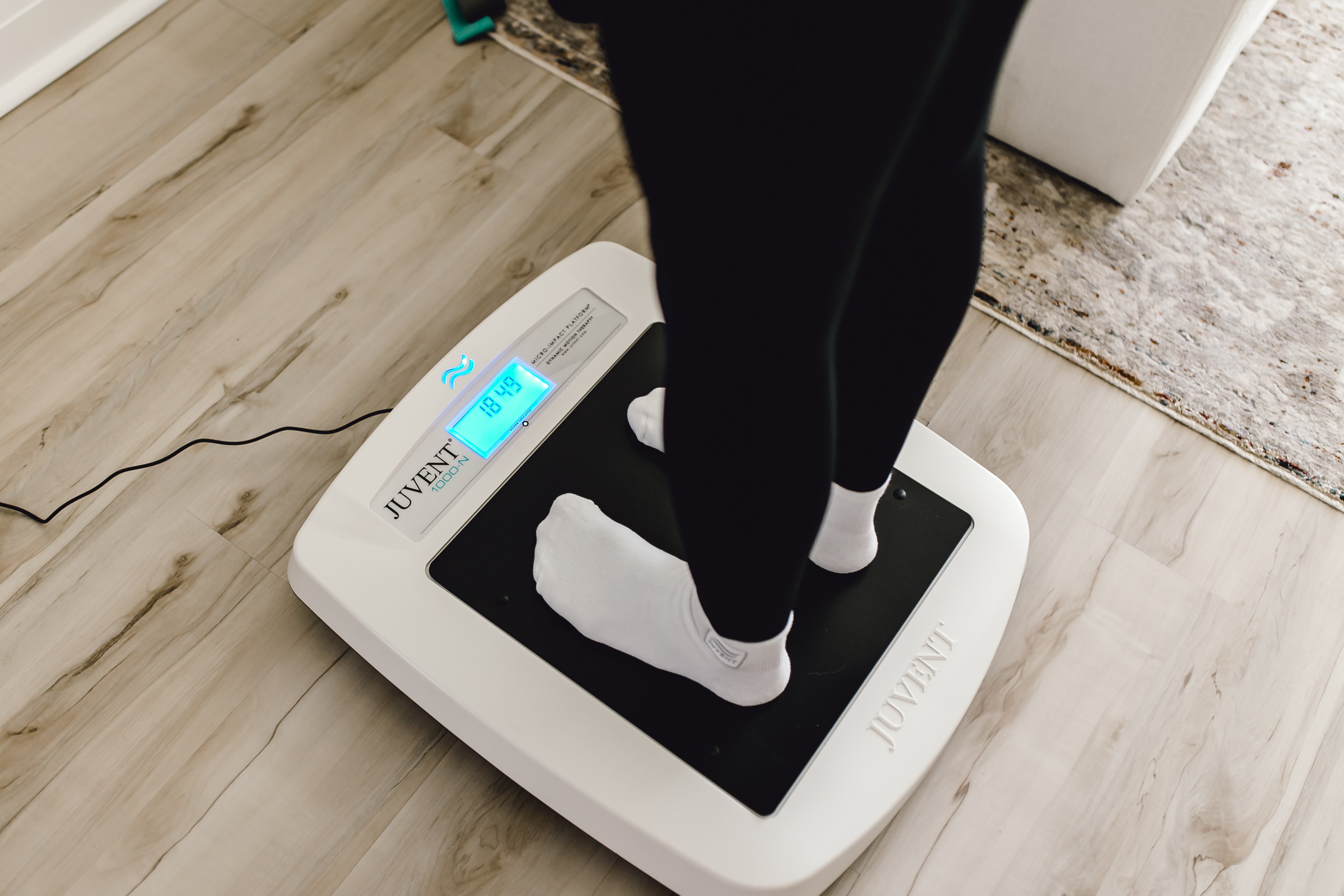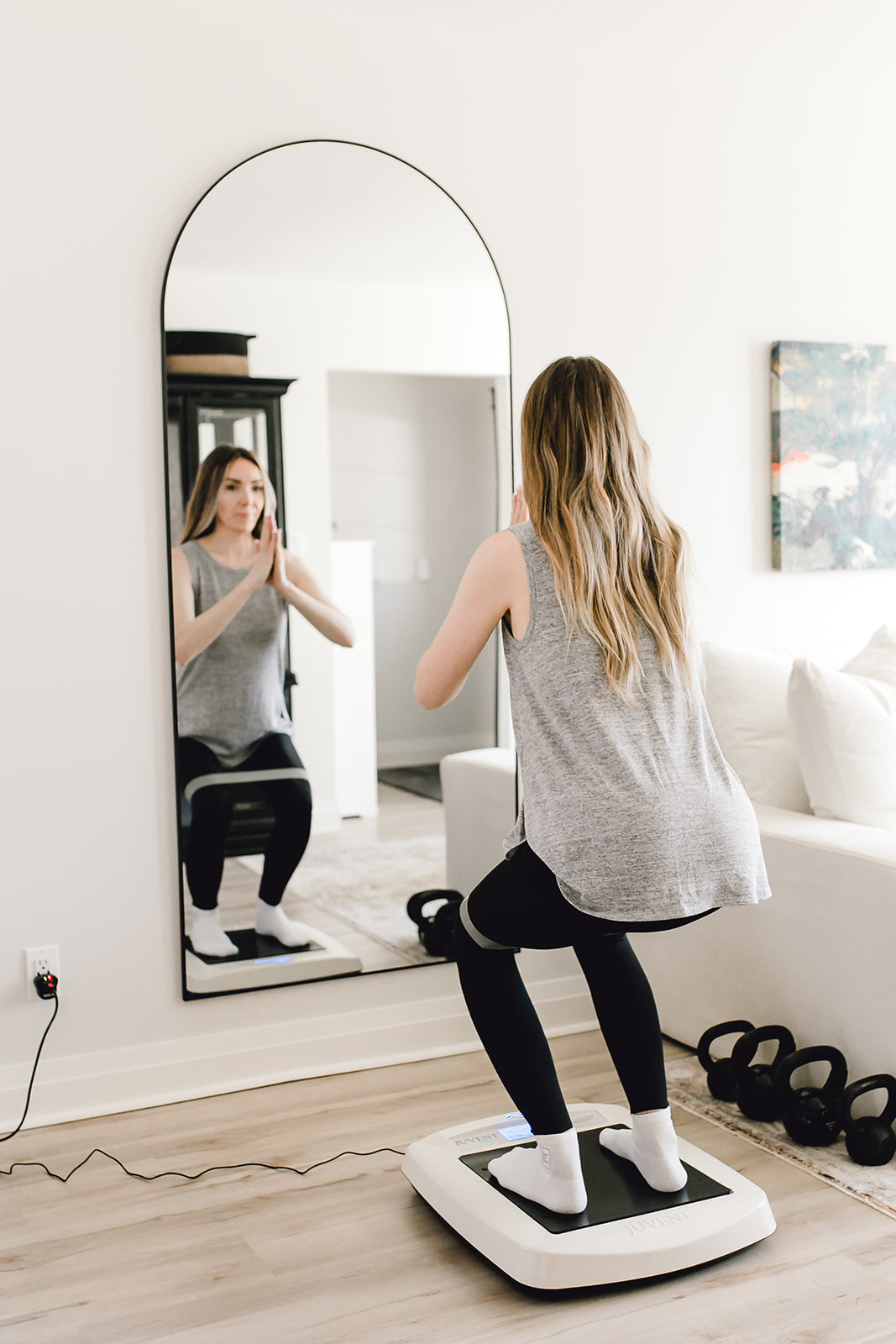You’re in the middle of a conversation and suddenly forget a word. You walk into a room and can’t remember why. If you’re a woman who has gone through menopause and is experiencing these moments, you’re not alone. Many women experience postmenopausal memory loss and brain fog. While it may be frustrating, these cognitive changes are common, and there are science-backed, natural ways to manage them. With the right habits, tools, and support, you can protect your brain health and feel mentally clearer. Let’s explore more about menopause and why brain fog occurs, as well as what you can do to sharpen your mind.
What Is Postmenopause?
Postmenopause refers to the time after a woman has gone 12 straight months without a menstrual period. Estrogen levels are consistently low during this phase, which can influence not only physical health but also cognitive and emotional well-being. While it varies, common postmenopausal symptoms include hot flashes, mood shifts, sleep disturbances, joint discomfort, memory lapses, and brain fog.
Why Does Postmenopausal Memory Loss Happen?
Estrogen plays an important role in brain function, particularly in areas responsible for memory and attention. As estrogen declines, it can affect neurotransmitters like serotonin and acetylcholine, both of which support cognitive processing.
Other symptoms of postmenopause are also contributing factors to memory loss or brain fog. It’s not uncommon for postmenopausal women to experience poor sleep due to night sweats or insomnia, stress or anxiety, nutrient deficiencies, and hormonal imbalances, none of which help with keeping the brain energized or clear. You may feel foggy, forgetful, or mentally “slower” than usual as a result. While this can be unsettling, the good news is that there are natural ways to sharpen your focus again.
What Helps With Brain Fog During Menopause?
Focusing on natural, lifestyle-based approaches to support mental clarity during and after menopause is the best way to start:
- Move Your Body Daily: Exercise isn’t just for your heart and bones; it also stimulates blood flow to the brain and boosts mood-regulating chemicals. Even better? Research suggests movement may improve memory and focus in postmenopausal women. If high-impact exercise feels like too much, try using the Juvent Micro-Impact Platform®. Its low-magnitude mechanical stimulation is calibrated to the user’s unique body. In less than 20 minutes a day, this innovative device promotes circulation, supports joint and bone health, and can be used safely, even for those with mobility limitations.
- Support Your Brain With Nutrients: A balanced diet rich in omega-3 fatty acids, antioxidants, B vitamins, and magnesium supports cognitive function. Prioritize foods like fatty fish, leafy greens, berries, nuts, and whole grains. Hydration is also critical, since even mild dehydration can impair concentration and memory.
- Get Consistent, Restorative Sleep: Sleep disturbances are common in postmenopause, and they can take a toll on memory. Aim for around eight hours of quality sleep. Limit screen time before bed, avoid caffeine in the evening, and create a calming bedtime routine. Stretching, meditation, or 20 minutes on the Juvent Micro-Impact Platform before bed can help signal your body to wind down.
- Stay Mentally Engaged: Just like your muscles, your brain thrives on regular stimulation. Read, do puzzles, learn a new skill, or engage in conversation with others to stay mentally sharp.
- Manage Stress: Chronic stress produces cortisol, which may interfere with memory. Incorporate daily practices like deep breathing, walking, yoga, or journaling to stay grounded.
When to Talk to a Doctor About Postmenopausal Memory Loss
While occasional brain fog is normal during postmenopause, persistent or worsening memory loss may signal other conditions. Always consult a healthcare provider to rule out causes unrelated to menopause.
Don’t Let Forgetfulness Derail Your Life
Postmenopausal memory loss is real, but it doesn’t have to define your next chapter. With a holistic approach that includes movement, nutrition, sleep, and cognitive stimulation, you can improve your clarity and confidence. Feel better every day with lifestyle adjustments and technological innovations like the Juvent Micro-Impact Platform. Embracing safe, natural options supports your whole-body health, including your brain. Staying sharp starts with simple, consistent choices, and we’re here to support you every step of the way.
FDA Disclosure
In the US, the Juvent device is considered investigational for the treatment of osteoporosis or improvement/maintenance of bone mineral density and our claims have not been reviewed or cleared by the FDA to treat any disease or condition. (2) Calculated over the 20+ year expected life of a Juvent. The JUVENT® Micro-Impact Platform® is Registered as a Class I medical device for exercise and rehabilitation. JUVENT products are covered by the following issued patents, pending patents and their foreign equivalents: 6,843,776 6,884,2277,094211 7,207,954 7,207,955 7,985,191 8,114,036 11/369,611 11/486,538. Juvent, Dynamic Motion Therapy, Micro-Impact Platform, and the symbol are Registered trademarks of Regenerative Technologies Corporation.




Share:
Which Juvent Micro-Impact Platform Is Right for You?
How Micro-Vibration Therapy May Support Lymphatic Drainage and Reduce Swelling